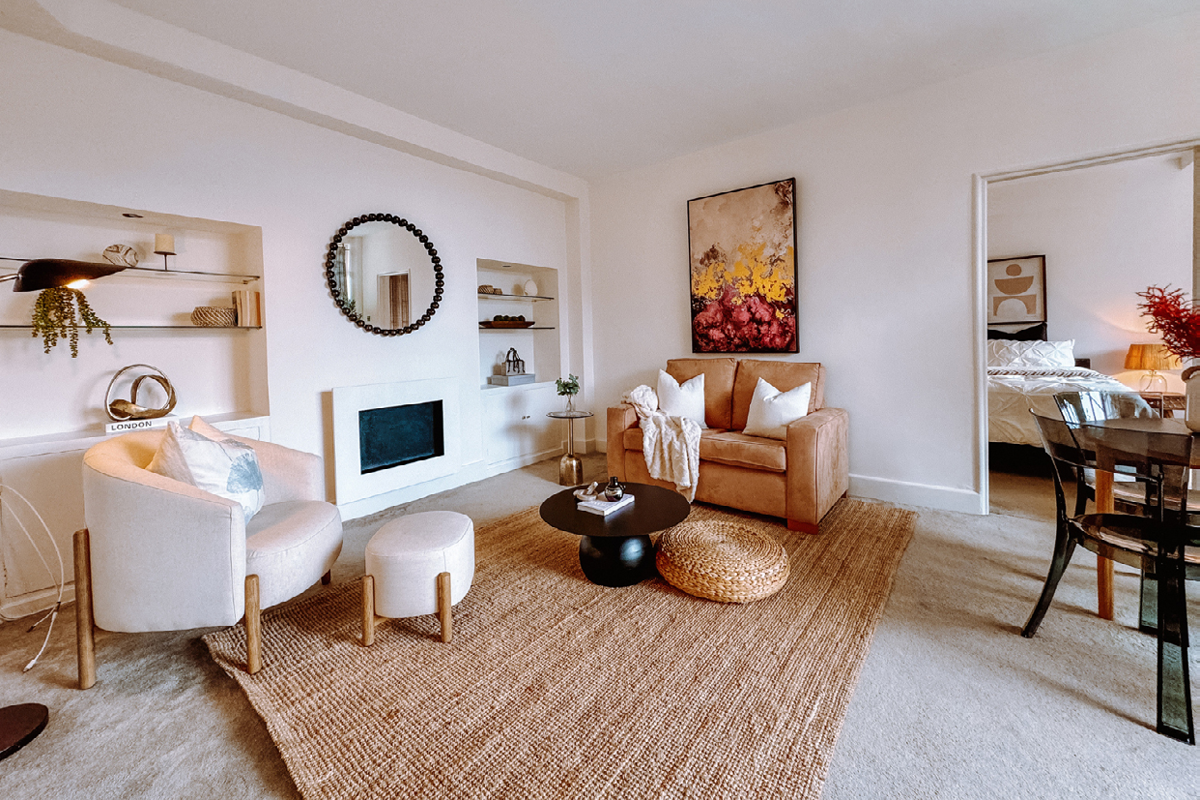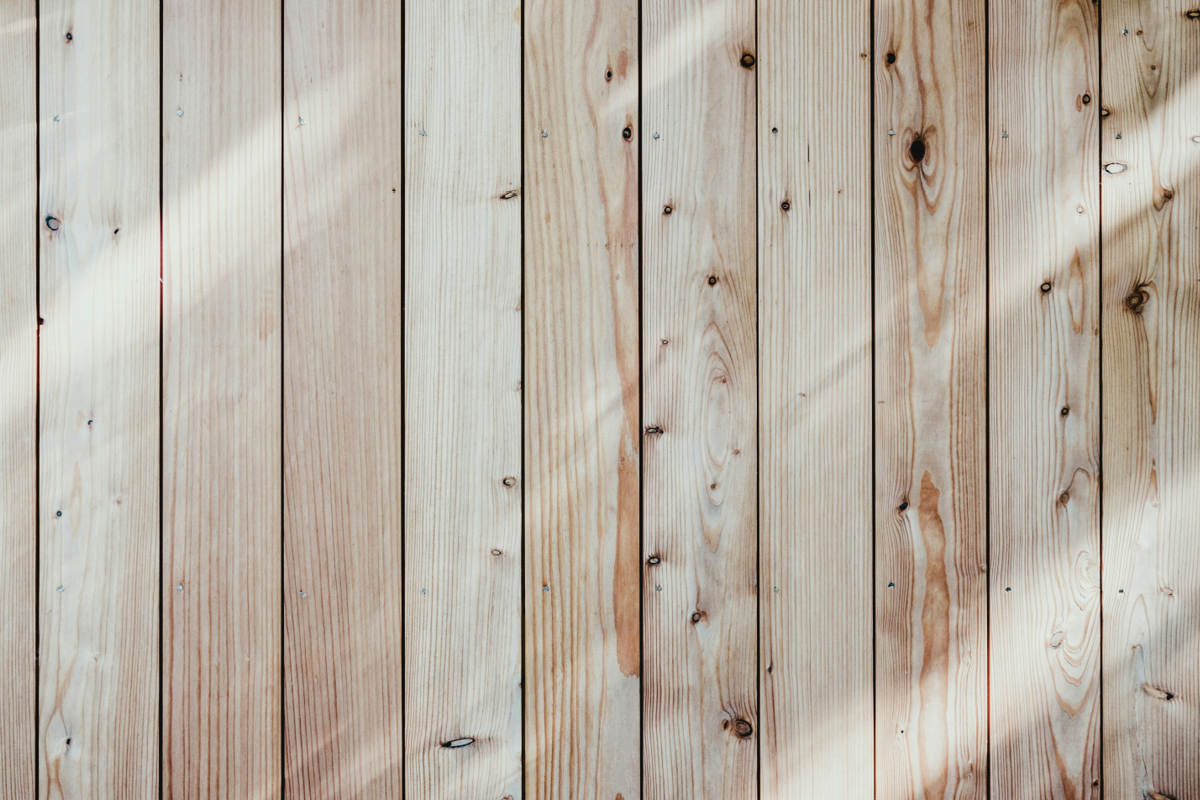THE ULTIMATE GUIDE TO BUYING A HOLIDAY HOME
Perhaps the most important question to ask yourself when thinking of buying a holiday home is why. Do you want a holiday bolt hole for you and your family, or are you looking to invest in a holiday let? The reason for buying the property will have a direct impact on the location as well as the type of property.
Below, property expert Thomas Goodman at MyJobQuote.co.uk explains everything you need to know about buying a holiday home in the UK…
Renting Out Your Holiday Home
For those looking for a second home as a getaway, unless you plan to use it throughout the year, it will stand empty for months at a time. You may want to consider renting it out for these periods. This not only generates income but also prevents the house from getting damp and potential problems going unnoticed.
If you do decide to let out the property, consider whether you have the time to manage the lettings. Hiring a property management company will reduce your profit; fees are approximately 20-30% of your rental income. However, it does remove a lot of the work from your shoulders.
Remember, with a holiday let, guests will want to stay during peak holiday times, which can restrict your own use of the property. You may not get to enjoy it at the times you’d like to or be restricted to off-peak periods only.
You should also ask yourself whether you really want strangers staying in your home, even if they are paying guests.
Using Your Holiday Home Yourself
Before buying a holiday home, think about whether you want to spend every holiday in the same place.
You may be thinking that a holiday home will save money on accommodation when you want a break. However, a second home will have significant costs associated with it. In most cases, this typically outweighs any benefit of saving on hotel bills.
Even if it will be purely for use by you and family or friends, there will still be times when it’s sitting empty, particularly in the winter months.
Depending on how far from your home it is, you may have to go and check on the property yourself or hire someone to do that for you. Either way, you need to consider the costs of either travel or paid help.
Location
While there are many similarities between buying a primary residence and a holiday home, there are important differences.
- If you are buying a property as a holiday let, the location is of paramount importance. Remember, your idea of a holiday retreat may not be the same as paying guests.
- To attract as many visitors as possible, you’ll need to choose a location that is popular. However, bear in mind that these areas will also be more expensive.
- Alternatively, you could consider somewhere off the beaten track and market it as a peaceful retreat. However, this may appeal only to a niche market.
- Wherever your holiday let is, you must consider local amenities such as supermarkets, local shops, restaurants and local attractions.
- When you have found a property, you should visit at alternative times of the day, various days of the week and ideally, at different times of the year. This will give you a more complete idea of what the property is truly like.
- Popular choices for holiday home locations are often childhood holiday spots or areas that are less than two hours from your primary residence.
- Whichever location you choose, if you are deciding to let the property, make sure there is demand and check if that is growing, static or declining.
- An important consideration is access to the area. Are there good road and train links, and what are they like at different times of the year, on weekends, or during holiday periods?
- Before you decide on a location, make sure you’re aware of any new or upcoming regulations regarding second homes. For example, some areas are restricting the buying of second homes.
What to Look for in a Holiday Home
Think about the size of holiday home that you want, either to accommodate your family and friends or to maximise rental income.
For letting, a good ratio of bathrooms to bedrooms is important. Ground-floor bedrooms, which are access-friendly, are a good idea.
Weigh the pros and cons of different types of property, such as a stone farmhouse, barn conversion, or modern flat. Consider all aspects, including potential rental, ongoing maintenance and future value. This can also help you decide between a unique property or something more traditional.
Do your research regarding house prices in your chosen location. Are they rising, steady or falling? This helps you negotiate when you have found a property that you like. Set up alerts for the area you are searching so you’re aware when a new property becomes available.
Even if you fall in love with a potential purchase, make sure there are no issues before committing yourself. This could be problems specific to the property or something in the general area that may have an impact on property prices or even the view.
A fast internet connection is essential, so check the speed of the property. Most people expect this feature when renting a holiday let, but it will also be important for you and your family.
Year-round heating is essential for most properties in the UK. Also, make sure, if you’re letting, to include parking areas, an enclosed garden and features that will help your property stand out, such as a hot tub or outdoor bar.
If you purchase a flat, it’s important to check if there is anything in the leasehold preventing you from subletting. You also need to enquire with the local authority if there are any planning issues you should be aware of which could affect your ability to rent out the property.
Is a Holiday Home a Good Investment?
Perhaps you are considering a holiday home as an investment. In this situation, consider whether this is a short or long-term investment.
If your intention is to invest in a holiday home as a business, make sure the numbers add up and that it’s the best option for your situation.
When buying an established holiday business, it’s important to be clear about what’s included and what isn’t. Things like a website, client database and even equipment may be included, so remember to ask.
Make sure you calculate the potential income and how it stacks up against costs. You will also need to be sure that there is room in the local market for your property. It may be that the holiday rental market in that area is already saturated.
For a personal-use holiday home, you should also think about capital growth and whether there is room for development. Always bear in mind the cost of repairs as well as ongoing running costs and the possibility of a lack of rental.
MORE ABOUT THE AUTHOR…
THOMAS GOODMAN
Thomas Goodman has worked as a property and construction expert for MyJobQuote for six years and has worked in the construction industry for over twenty years. Thomas continues to work on building projects while providing expert construction and property advice to industry professionals and DIY enthusiasts.
DISCOVER HOME IMPROVEMENTS, HACKS, AND EVERYDAY ADVICE FOR YOUR HOUSE & GARDEN













